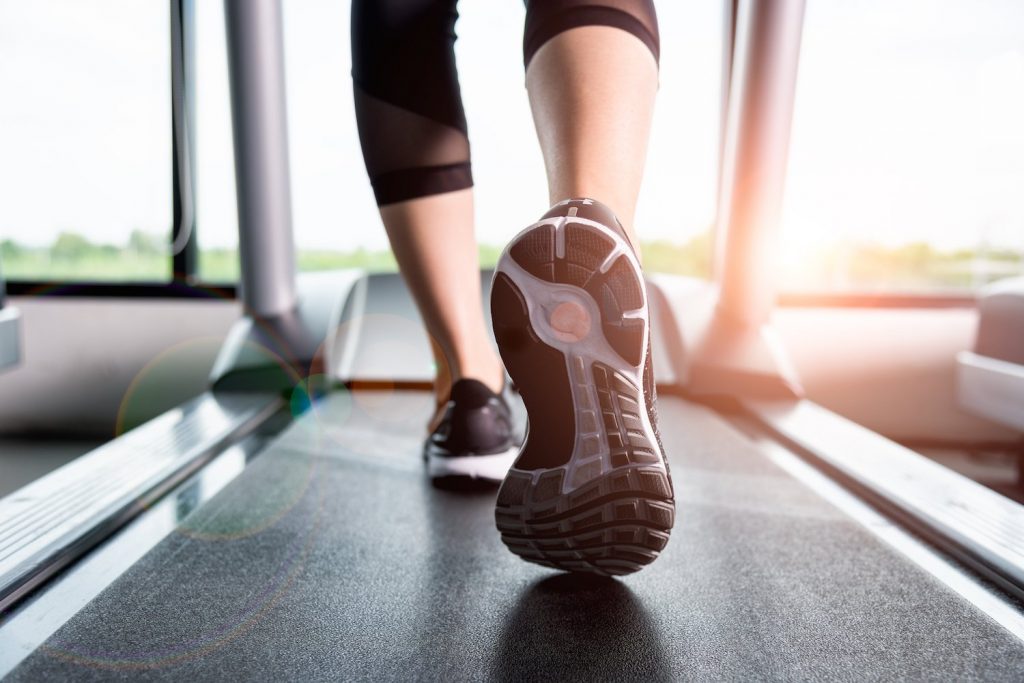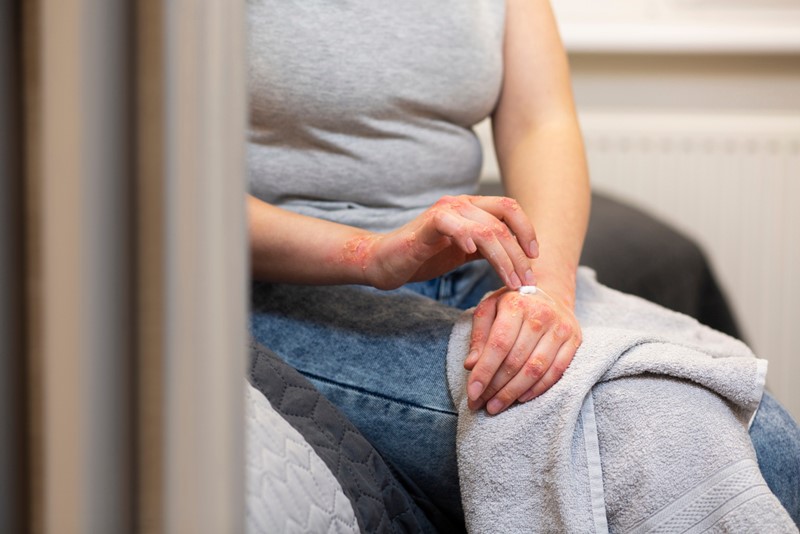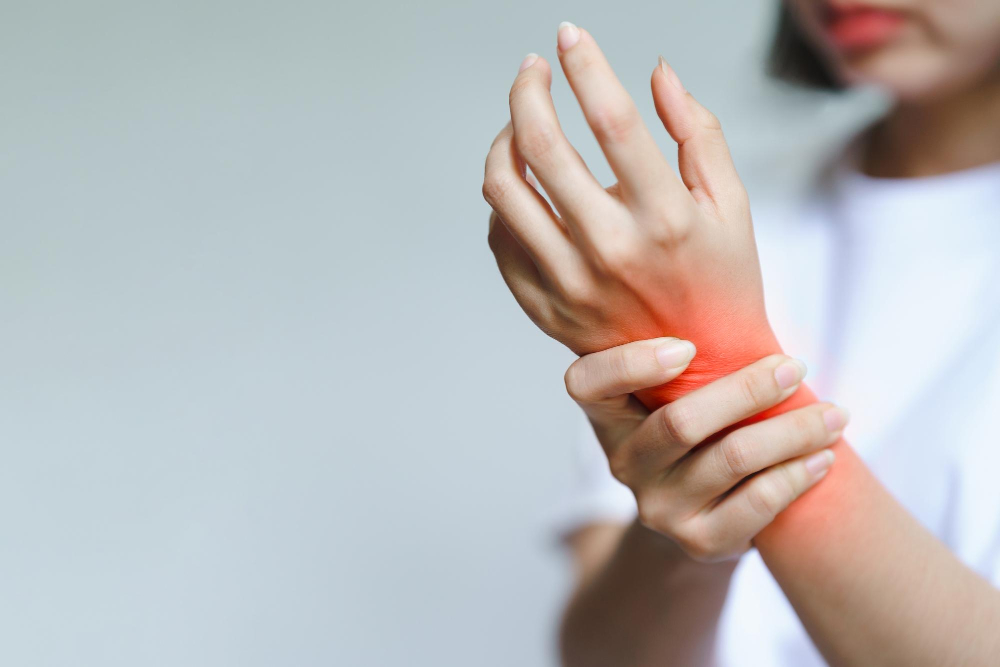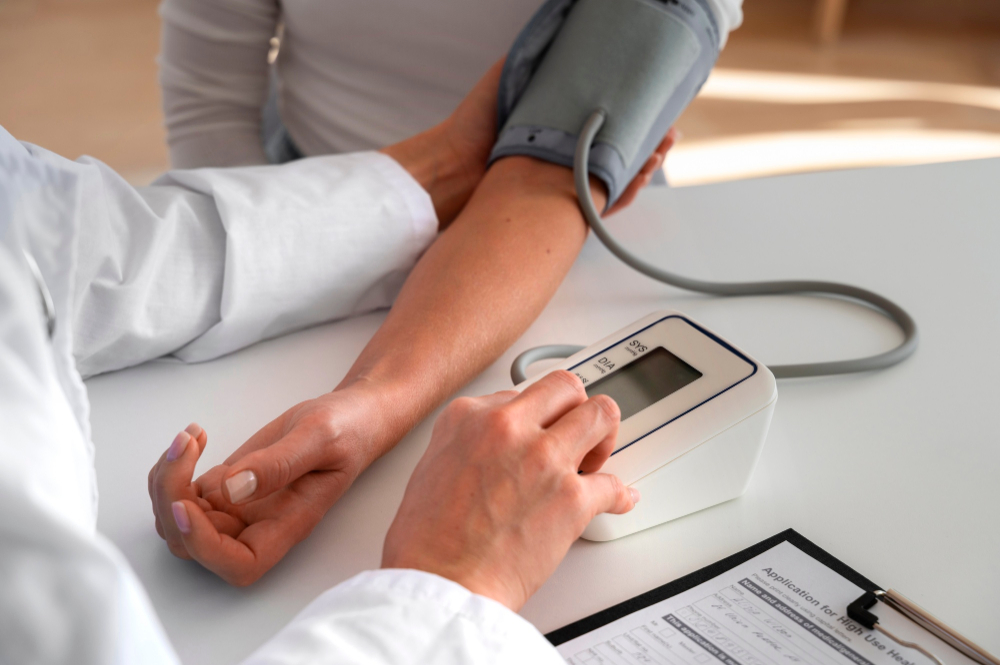In this article, we’ll take a look at what you should eat after your cardio workouts, depending on the intensity levels and duration of the workouts themselves.
What should you eat after a moderate cardio?
‘Moderate’ is generally a session that lasts for 30- to 45-minutes, and could include activities such as running or an exercise class. After a moderate cardio workout, your main focus shouldn’t be so much on refueling with food, but rather, you should focus on replenishing lost fluids. After a moderate cardio session, your caloric expenditure is probably still low.
So, after this type of workout, drink at least 8 ounces of water, and more if necessary (if you were dehydrated prior to your workout). Coconut water can also be a good substitute for regular water. Steer clear of sports drinks, however, as they might overload you with sugars that aren’t generally necessary after such relatively shorter workouts.
What should you eat after an intense cardio workout?
Intense workouts usually combine short bursts of pedal-to-the-metal activity followed by short rest breaks. This is known as anaerobic exercise, which will burn calories and typically result in an ‘afterburn’ effect due to excess oxygen consumption during and after the workout. Since you’ll continue to consume oxygen post-workout, you’ll continue to burn calories after the session as well.
In addition to replenishing with at least 8 ounces of water or coconut water, you should have a small meal consisting of proteins and carbs. The rule of thumb for the average person, according to the Academy of Nutrition and Dietetics, is to eat a meal with a carbohydrate/protein ratio of 3:1. Here are a few suggestions that follow the ratio:
A protein shake with a scoop of protein and a banana
Yogurt with berries
Tuna on whole-wheat bread
Cereal with milk
A bagel with eggs
What should you eat after a longer cardio session?
A longer session, such as training for a race, ups the ante a bit. As usual, drink plenty of water, coconut water, and in this case, sports drinks are acceptable, as you’ll need to replenish electrolytes lost during longer sessions. Then, stick with the tried-and-true light meal with a 3:1 ratio of carbs/proteins (meal suggestions are listed above).
There you have it. If you need to know when you should refuel after your cardio workouts, make sure to check out this article.




